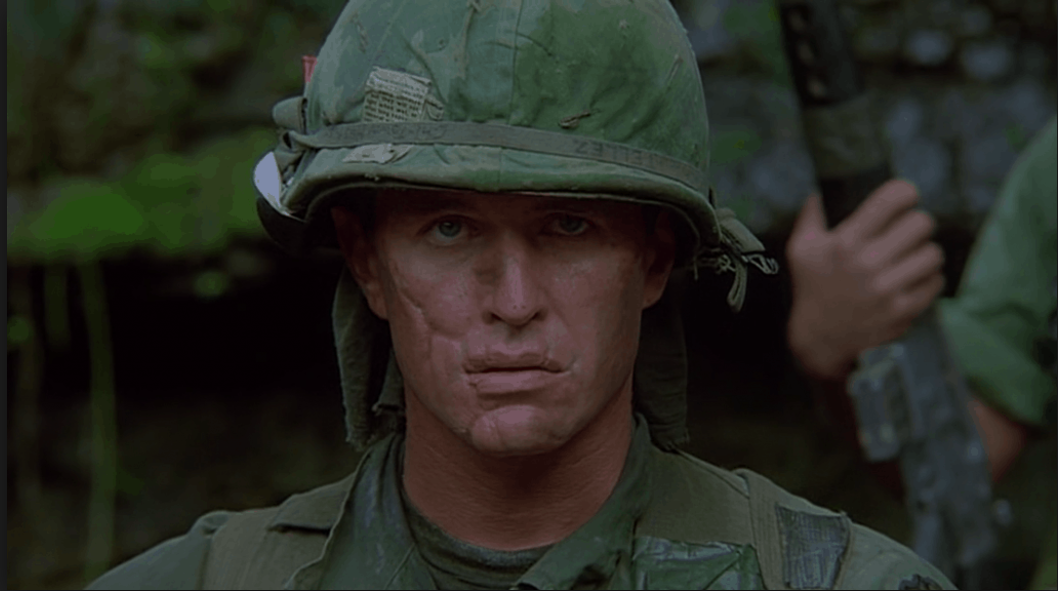
Community in our DNA: Older Days Made Better Ways

So I recently moved to South Florida. Haven’t seen Lil Wayne or the Bang Bus yet, but there are the super models and the palm trees and the Lamborghinis out in force. Miami: There is perhaps no city that rewards better a person’s good looks, financial success, and just playing the winner-take-all game. Out from still-lingering Section 8 housing bursts skyscrapers and luxury condos—get your hair-care products together and shoot for the moon! Its places like this where one can really feel the fruits of upward mobility and the (usually lip-augmented with an accent) arm candy that comes with putting ruthless self-interest as Priority #1. Sexually liberated, money soaked, and sunny—man and woman alike can spend a lifetime here.But despite all the shiny surfaces, a former brother-in-arms turned medical professional informed me Miami is on so many anti-depressants that the ass-implanted, hip-wigglin’ jewels of Social Darwinism are pissing out the remnants with enough regularity to literally—no shit— disrupt the local fish population.The question “why?” obviously has more than one answer. But one of them specifically ties to a common topic amongst military and veteran personnel.While the US of A is undeniably a remarkably efficient and industrious culture, it would be imprudent to deny that there are disadvantages found within our fierce individualism.Ask a vet—one of the biggest issues integrating back into American society is returning to a society that puts heavy emphasis on values many vets lived comfortably without during a more common-purpose existence while in the military. Translation: from Team to Go Fuck Yourself.And it’s not only veterans who are capable of feeling this way. It seems anyone in the developed world with a pulse can follow trumpeted ideals yet often experience alienation and unhappiness. Anyone who has maniacally chased the American Dream to find themselves not wanting to admit a sense of loneliness and lack of fulfillment once at the top. Anyone who missed living in that studio with two friends even though they were piss poor and sharing a pot of noodles (or barracks for that matter—just switch “pot of noodles” for “Dominos 2 for 1s”). But also even someone who grew up wishing for homeland invasions so they could act out ingenuity and bravery they knew lived inside them. For these people (us, perhaps) there come moments of reflection...why wish for a drastic future event, or a return to certain ways...and hopefully some guidance pertaining.There is.And it’s been a long time coming.Decades old, iconic successes like Fight Club seem to have had core themes . . . confirmed may be the best word . . . confirmed somehow by some recent level-headed illumination. Perhaps at its bedrock; why well-to-do people in luxurious societies are often depressed, unfulfilled, and rightfully feel alone. The premise is simple; we are a species coded by our evolution (bye Young Earthers! Hope you enjoyed our memes) to operate in ways that run counter to many contemporary practices—a species now largely removed from conventions like killing their own food or being directly responsible for saving the lives of their neighbors.Sebastian Junger’s book Tribe first came to our attention through followers of the page. Our good people were quoting it in the comments of a few of our posts. These were usually the controversial posts, mind you—the Please Be Courteous A Negative Cliché Milker Lives Here fireworks one. Or reexaminations on vet suicide. Or back and forth about what battles the GWOT generation should/shouldn’t fight in the online arena. What stood out, and what arc-welded the title “Tribe” to my skull in particular: the guys and gals quoting this book always, without exception, were in firm agreement with a simple theme that has run like cables through all our content: while it’s often been hard, sad, and bloody—we as veterans weren’t, aren’t, and never will be helpless victims.There’s a few ways to go about this. A broad, spray-and-pray mode seems to offer the best way to talk about the work without throwing out spoilers. To wit:A short, easy read; one of the few books I’ve read in the past decade where the “couldn’t put it down” slogan was literal. Tribe will read itself for you. Just open it up and ask yourself the broad bold question; “is there an ideal life for human happiness?” And while Tribe falls short of any perfect, step-by-step, prescriptive advice, it shows enough historically and anthropologically backed examples of what has and hasn’t worked for myriad groups that . . . well . . . enough closed roads can show an open one. Perhaps the only open one.While it speaks more to male interests in a few specific ways, one thing that surprised and delighted was an explanation for female behavior and its survival-enhancing role in the past as well as in the present. Quasi-related was a true breath of fresh air for some—stroke-inducing rage for others, I’m sure; a tutorial on the benefits of a society divided by conservative and liberal ideals. Want to learn possibly why a Flag-waving, Gun-totin’ ‘Merikan who hates welfare-anything and a Limp-wristed Libtard obsessed with equality-everything both serve evolutionary-based, necessary roles in a group’s survival? Prepare thyself. And after, while one’s fundamental beliefs can certainly remain unchanged, don’t be surprised if you’re even sicker of a sensational and polarizing media . . . as well as a current political division that has surpassed ideological disagreement.One could argue Tribe is too short. It touches upon so many case studies, historical examples, and sociological and psychological theory that it could easily be 1000 pages or more. Considering this, I’d say the book is best handled as a well-crafted report for a lay audience. In such cases, often old data is combined to present an original view. The chief criticism for work that makes such bold claims is usually a lack of empirical evidence to back certain theories. While there is legitimacy in a concern such as this, it is still utterly impossible to blind the eye; Junger is tracking something as big as it is real. And while visionaries like Chuck Palahniuk—perhaps accidently—stumbled upon the paradox of the human spirit’s destruction as affluence rises, Junger has provided a language to pose future questions that, to my knowledge, didn’t exist or weren’t readily accessible prior to.But to close, it must be said; there is a target audience for work like this. For those who enjoyed aspects of war, enjoyed who they were during war, who felt the abysmal loneliness of returning to a nation so far removed from their most glorious hour, and for those who know no one person owns the whole war narrative nor does any one site speak for all vets (not even us—we are fully aware) but that vets, while practitioners (and often longing for) communal behavior are the sole owners of their intentions, baggage, and heroism—this wood-pulped little book is for you. Very few have left yours truly—and apparently a virtual army of other readers—with a greater sense of clarity on how to interpret the past, perform in the present, and set goals for the future. Community is worth the lumps.Inducted into the Hitter’s Reading List.—Mr. Blonde
Written By David Rose (AKA Mr. Blonde)
July 21, 2017









